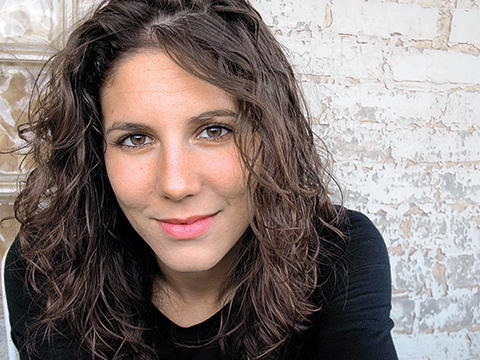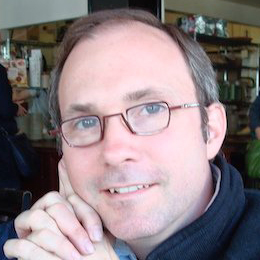Her parents embedded their radically different dreams for her in one name. Emma Ruby-Sachs is the daughter of the country’s ultimate legal power couple: Clayton Ruby, the most celebrated civil-liberties attorney of his generation, and Harriet Sachs, a top-tier human-rights and family lawyer elevated to the bench. “My mother says I’m named for Jane Austen’s Emma,” says Ruby-Sachs. “But my father claims it was for Emma Goldman.”
On the face of it, two more different characters are hard to imagine than this particular literary heroine, Austen’s cosseted heiress, and the proto-feminist fomenter of revolutions. So which parent’s dream, which vision of Emma, to follow? Well, both.
Ruby-Sachs has just completed her first novel, The Water Man’s Daughter (pursuing the Austen path), which explores what it’s like to be an activist (a touch of Goldman). And she doesn’t sequester her interest in activism between the covers: the Faculty of Law grad (JD 2008) currently works for Avaaz, the advocacy group that organizes global online petitions protesting everything from commercial whaling to Uganda’s proposed anti-gay legislation (which was shelved in May).
The “water man” named in the novel’s title is a Canadian executive at an international water conglomerate, who is murdered while on a business trip to South Africa. His daughter, Claire, comes to South Africa to ensure that justice is done. But seeing justice done isn’t as simple as she imagines. Claire is introduced to Nomsulwa, an anti-privatization activist who fought the water company to ensure that her native townships were adequately supplied. At every turn, Claire is faced with the immoral choices her father made. For her part, Nomsulwa must struggle to understand how her own father, a hero of the anti-apartheid movement, could also have beaten her mother, and abandoned them.
“I’m lucky in that I’m proud of both my parents,” Ruby- Sachs says. “But I wanted to look at what it would be like to have a more complicated relationship.” She elaborates: “It’s all about the public-private divide. Mandela is a perfect example – beloved by the world for what he did, but a pretty horrible father by all accounts. The costs of activism, that’s what really fascinated me.” In short: a Goldman question explored in an Austen forum.
Recent Posts
People Worry That AI Will Replace Workers. But It Could Make Some More Productive
These scholars say artificial intelligence could help reduce income inequality
A Sentinel for Global Health
AI is promising a better – and faster – way to monitor the world for emerging medical threats
The Age of Deception
AI is generating a disinformation arms race. The window to stop it may be closing





